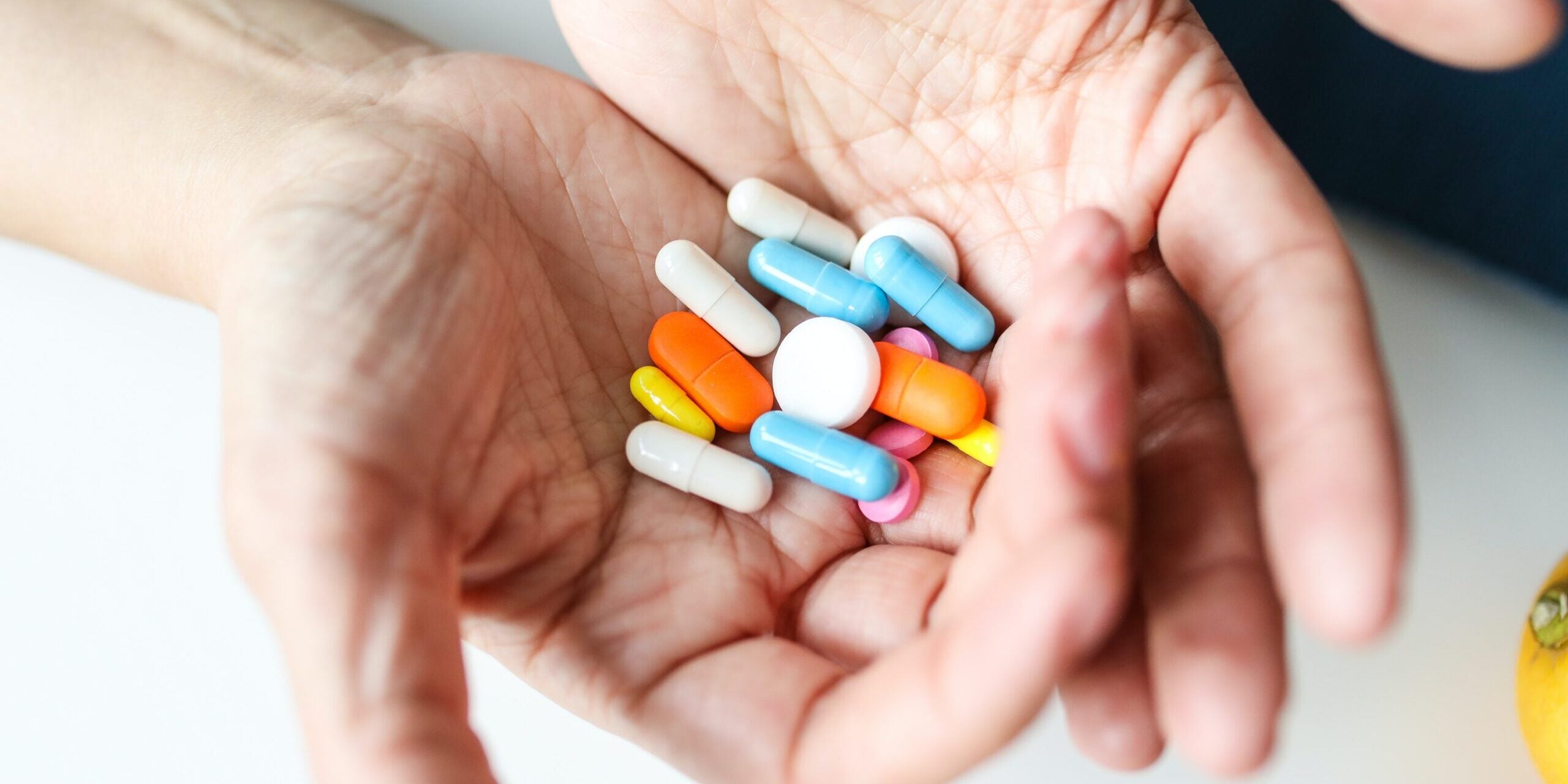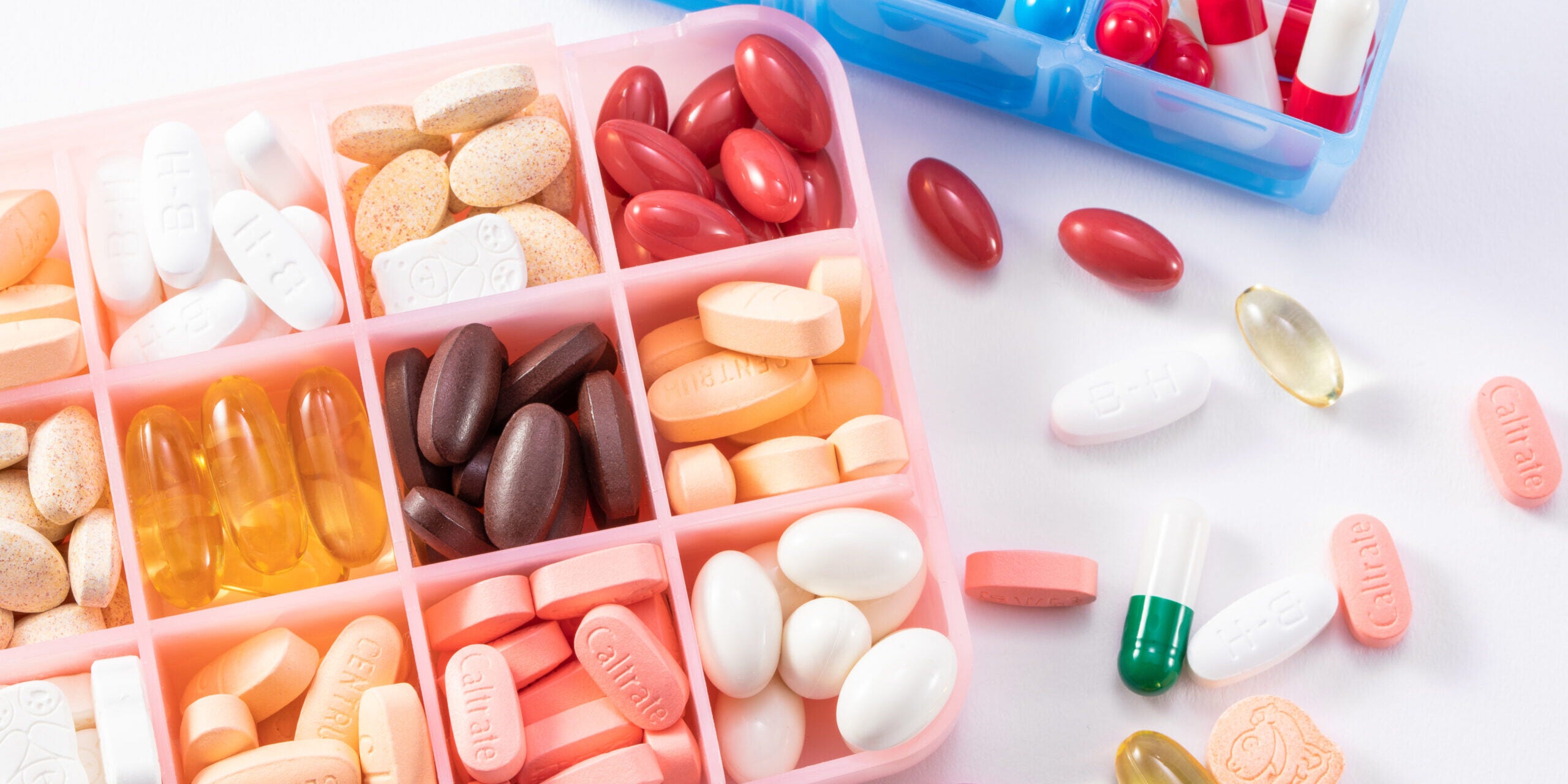Substances and Medications that Affect Fertility | Part I

When I talk to women who want to get pregnant or suffer from infertility, I am surprised that most are not aware of, nor have they heard of, the dangers and the impact that some drugs or poisons can have on fertility. Most of them are focused on diet or medication so that they can achieve that much-desired pregnancy, without taking into account a transcendental aspect such as exposure to various toxins in their daily routines, which may be negatively affecting their fertility.

Bisphenol A or BPA is a toxic substance that can affect fertility. (Picture of Freepik )
BPA or Bisphenol A
One of the toxins that has been shown to be detrimental to oocyte quality and fertility is BPA or Bisphenol A. It is a substance that is commonly used in the manufacture of everyday plastics and paper receipts. In 1998, by accident, Dr. Patricia Hunt and her group of researchers from Case Western Reserve University were studying the development of laboratory mouse eggs and found something unusual.
There was a dramatic increase in the number of eggs with abnormal chromosomes and other unusual chromosome abnormalities. After conducting a thorough investigation, they found that BPA was leaking from the plastic cages and water bottles used for the mice. To confirm the cause of the chromosomal abnormalities, the researchers began administering controlled doses of BPA to the mice, and the same thing happened. They concluded that their recommendations were relevant to human fertility because of the extraordinary similarity in the chromosomal makeup of the two species.
Other investigations
After Dr. Hunt's discovery, other research has come to the conclusion that BPA is not only detrimental to developing eggs but also interferes with reproductive hormones (it is a hormone or endocrine disruptor). Numerous studies have found that measurable levels of this substance are found in populations around the world and associate it with a wide range of health implications ranging from diabetes, obesity and cardiovascular disease to fertility.

Bisphenol A or BPA is found in plastic containers that we use in our daily routine. (Picture of Freepik )
And if it is so harmful to health, why is BPA legal?
Currently, the use of Bisphenol A, although controversial, is allowed. Risk assessments are carried out annually and the EFSA (European Food Safety Authority) reduced the TDI (Tolerable Daily Intake) recommendation from 609 µg/kg bw per day to 4 µg/kg bw per day.
In 2011, the FDA (Food and Drug Administration) of the United States and the European Union restricted its use in plastic feeding bottles and bottles for infants. France, by means of a decree in 2012, suspended the manufacture, import, export and commercialization of any food packaging containing Bisphenol A.
How does Bisphenol A affect human fertility?
A study from the Department of Obstetrics and Gynecology at the University of California was published, showing a correlation between high levels of BPA in women who did not achieve a pregnancy through IVF (In Vitro Fertilization). In another study, conducted at the San Francisco Center for Reproductive Health, eggs from women with high levels of BPA were found to be less likely to be fertilized, suggesting that BPA negatively affects egg quality.
In another study conducted at the Massachusetts General Hospital (MGH) Fertility Center, BPA was shown to impact ovarian response to IVF stimulation drugs. In addition, he found that women with high levels of BPA obtain a lower number of ovules per cycle and it affects their estradiol levels. Likewise, researchers from Stanford University and Nagoya City University Medical School in Japan, exposed how BPA can increase the risk of miscarriages and chromosomal abnormalities.
There are several studies that show these effects.
As well as these, I found several studies from highly reputable Universities, where the adverse effects of BPA are shown, not only for female and male fertility but for health in general. For this reason, I believe in the importance and duty of informing people about the negative consequences of these toxins and how we can minimize them.

It is important to make small changes in our daily routines, such as replacing plastic containers with glass ones. (Image from Freepik )
How can I reduce my exposure to BPA without becoming paranoid?
The good news is that there are small changes we can make in our daily lives that can reduce our exposure to BPA. With this we can reduce the negative consequences it has for our fertility.
It would be ideal for us to start taking these measures three to four months before getting pregnant, but it is never too early or too late to start.
Tips to reduce exposure to BPA
- Replace all the plastic containers that we have in our kitchen, where we store food, with glass ones, especially those that we use to refrigerate and microwave.
- Do not buy or reuse plastic water bottles, buy a glass or aluminum one that you can reuse.
- Be wary of labels that say BPA-free, because they may be using substitutes like Bisphenol B or S that can be just as toxic.
- If you can, buy foods packed in glass, instead of canned.
- Use your own coffee mug at the office. Always prefer ceramic or porcelain than disposable.
- Ask the cashiers to put the paper receipt in the shopping bag, or if you don't need it, don't ask for it. Always wash your hands when you get home.
- Cook at home whenever you can, not only does it reduce exposure to BPA, but you will have healthier meals.
- These tips also apply during pregnancy, to reduce exposure and risks that may affect the baby.
Remember, it's not all bad
It's not all bad news, a recent study shows that consuming more than 400 mcg of natural folate could counteract the adverse effects of BPA. This study from the Harvard University School of Public Health and the CDC (Centers for Disease Control) shows that women who ate foods rich in folate benefited from a protective effect against the harmful effects of BPA. Women who took folate supplements did not benefit from this effect. Why? Because most vitamin supplements do not contain the natural form of folate ( see our article, are all vitamins the same? ). Yet another reason why we at Excellence Fertility decided to use Folate, the natural form, instead of folic acid, which is the synthetic form.
0 comments



